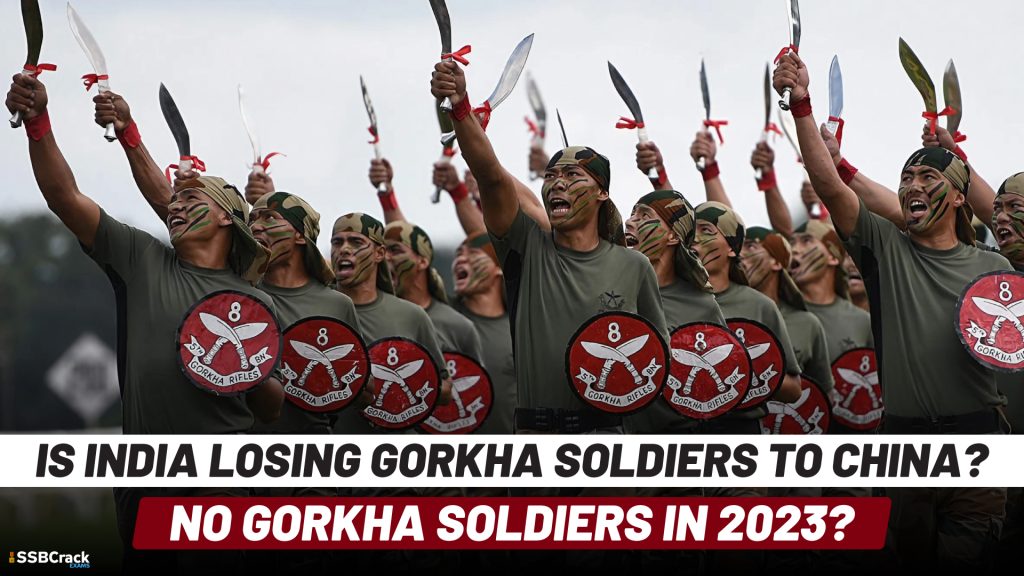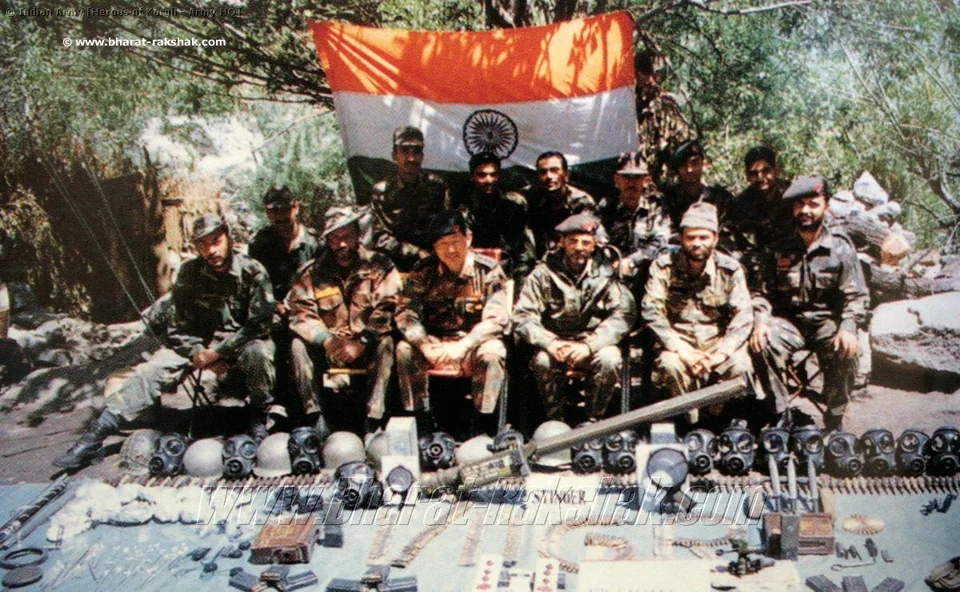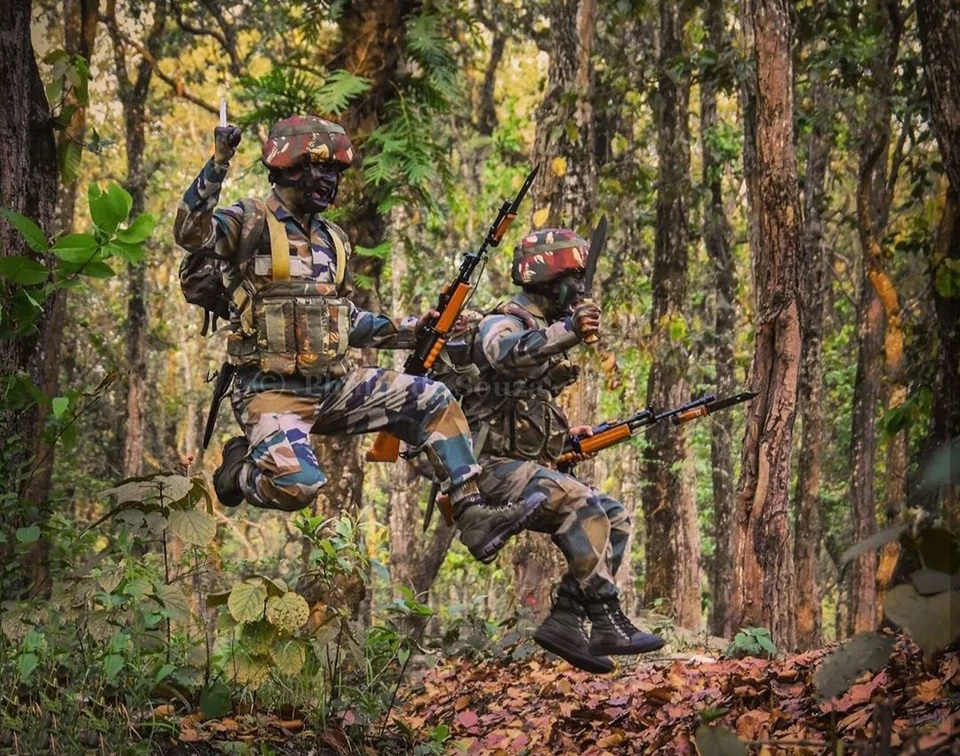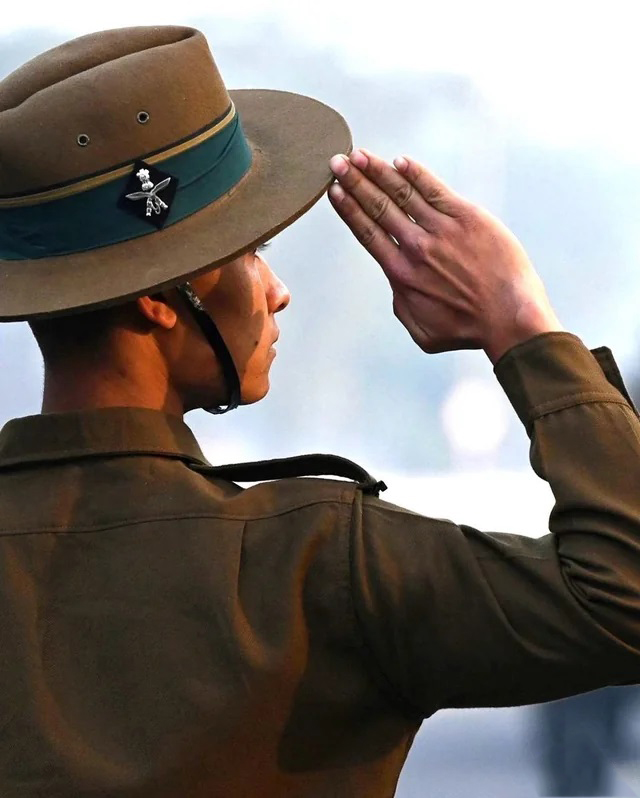We all must have heard of the Gorkha Regiment, one of the most decorated regiments of the Indian Army. The First Field Marshal of the Indian Army Sam Mankeshaw, lovingly called Sam Bahadur or Sam ‘the Brave’ was from Gorkha Rifles. He was one of the best military strategists and commanders India has ever produced. Sadly not a Single Nepalese Gorkha will be recruited into the Indian Army in 2023. The government of Nepal has decided not to allow Gorkhas to join the Indian Army. Let us understand the reasons behind this.
History of Gorkhas in the Indian Army
Everyone has a distinct history, a blend of racial, national, family, and individual traditions that are woven into his entire existence. That is primarily true for the Gurkha, who have served in the Indian army since 1815. That is how ingrained the history of the Gorkha Regiment is, which was founded in 1815 by the British East India Company in the aftermath of the 1814-16 Anglo-Nepal war. The British played a key role in raising the Gorkhas who fought bravely on various military expeditions. After the Independence in 1947, Out of 10 regiments, Indian Army retained 6 regiments of the Gorkhas (presently 7), while the Britishers took 4 regiments as a part of the tripartite agreement of India, Nepal and the UK.
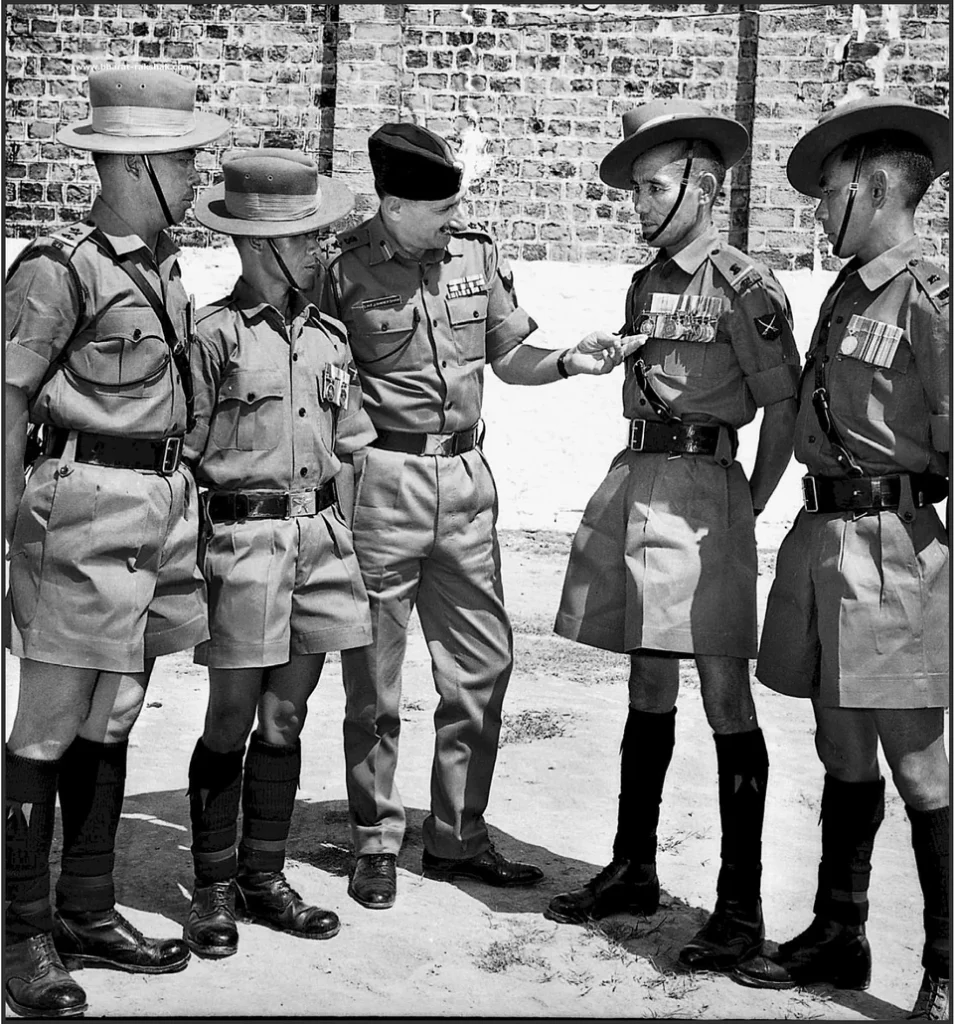
Agnipath Scheme: Nepal’s Disapproval
In 1947, Pakistan was also interested in recruiting Gorkhas into its Army along with China, but Nepal did not consent to it, which gave India the permission and authority to recruit Gorkhas as their regular soldiers. This Old India-Nepal-Gorkha link is under threat because of the introduction of the AGnipaths Scheme in the Indian Army which is disapproved by the Nepalese government. The Indian government, under this scheme, has changed the whole recruitment process to cut down the money being spent on pensions and simultaneously make the force younger and leaner. This scheme will recruit young boys and girls and will allow them to serve for 4 years but will retire 3/4th of them after 4 years giving no pension but a compensation package.
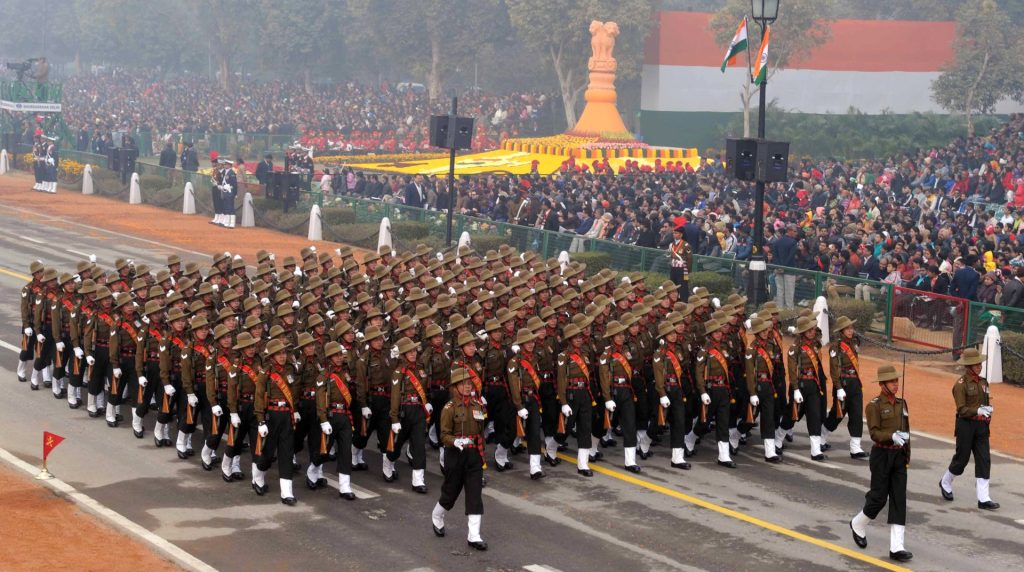
The real problem here for Nepal is that the total pension being drawn by the Gorkas from Nepal is much more than the total defence budget of the country. Looking at the number, 600 Million dollars is pensions being drawn by the soldiers whereas the total defence budget of the country is just mere 450 Million Dollars. But, the matter of fact is that the Indian Army has to modernize its troops in every dimension possible. The Indian government has already shown its disapproval of Nepal’s decision not to send Gorkhas to recruit in the Army but also said the Giverb=nment of India is firm on its stance to continue the Agniveer process. Indian Amry though being a profitable organisation for the Nepalese Gorkhas, Indian Army also provides these men to settle down in India. But the Agnipath scheme changes all of that, firstly the permanency of the job that brings social security, respect, and culture and secondly the money.
China hands-on Gorkhas?
Rumours circulate that China is considering recruiting Gorkhas into its ranks, but it remains to be seen whether Nepal is willing to take such an extreme move. The relationship between India and Nepal has deteriorated during the last decade. Nepal’s economic blockade, backed by India, has pushed it even closer to China in order to reduce its reliance on the former. China was eager to respond.
This establishes a new front, based on claims that China has advocated incorporating Gorkhas into the People’s Liberation Army (PLA). While comparable recommendations had previously been forwarded to Nepal, they were never considered for the obvious reason in the context of historical Indo-Nepal ties. Several reports imply a shift in the Nepali Communist government’s stance.
According to Nepal’s major daily, The Kathmandu Post, such reports have no official basis. Former Nepali Ambassador to Denmark Vijay Kant Karna, who is now the Executive Chair of the Centre for Social Inclusion and Federalism (CESIF), a think-tank, is quoted in the newspaper as saying, “In the current political scenario, Nepal cannot sign a new Gorkha recruitment treaty with any country, including China.” “Such an agreement would require ratification by a two-thirds majority of parliament, which is impossible,” he continues. Nepal and India should address the Agnipath scheme for Gorkha recruitment in the Indian army through dialogue. It is in both countries’ interests to do so.”
To crack the SSB Interview, You can join our SSB interview live classes batch and we recommend you to Enroll SSB INTERVIEW ONLINE COURSE. Trusted by thousands of defence aspirants.
Also read:

